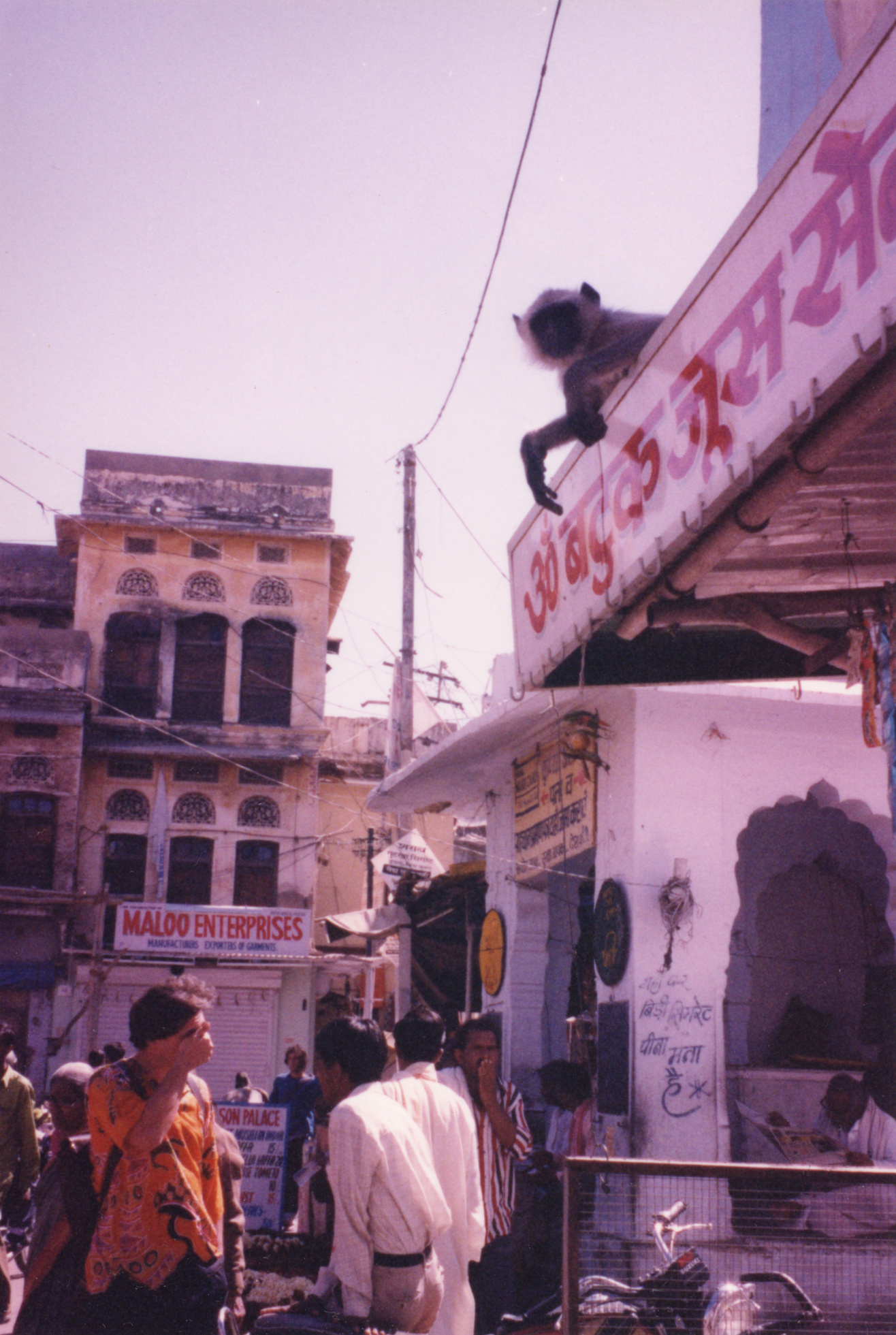Introduction:
Alcohol withdrawal is a condition which occurs when individuals suddenly stop or dramatically decrease their liquor intake after extended times of heavy drinking. Its a complex and possibly deadly problem that affects huge numbers of people worldwide. This report aims to provide a comprehensive breakdown of alcoholic beverages withdrawal, including its signs, treatment options, and management methods.
Outward indications of Alcohol Withdrawal:
The onset and extent of alcoholic beverages detachment signs vary among people, based on facets including the amount and length of time of drinking and ones own health. Typical observable symptoms include tremors, anxiety, irritability, sickness, vomiting, insomnia, increased heart rate, and sweating. In extreme situations, people may experience hallucinations, seizures, or delirium tremens (DTs), a potentially fatal condition described as agitation, confusion, hallucinations, and fluctuating quantities of consciousness.
Treatment Plans:
When working with liquor withdrawal, it is vital to find medical assistance and support. The primary aim of treatment solutions are to properly manage detachment signs, avoid complications, and facilitate the transition to sobriety. Medical professionals can measure the seriousness of signs and discover the correct degree of care. In mild instances, outpatient treatment is administered, while worse cases may require hospitalization.
Medications widely used in liquor detachment treatment feature benzodiazepines, that really help decrease anxiety, relieve signs, and prevent seizures. Other medications including antipsychotics, anticonvulsants, and beta-blockers might be useful to handle particular signs or co-occurring circumstances. Furthermore, nutritional vitamin supplements, particularly thiamine (vitamin B1), are often prescribed to avoid or treat potential inadequacies connected with extortionate alcohol consumption.
Management Techniques:
Besides medical treatments, different methods may be employed to manage alcohol detachment efficiently.
1. Supportive Care: Providing a supporting environment encourages a feeling of safety and convenience. This can include guaranteeing proper nutrition, hydration, and remainder, including monitoring essential signs and addressing any health complications which will take place during detachment.
2. Psychotherapy: looking for psychological state help, including counseling or psychotherapy, can play a crucial role in dealing with underlying emotional or mental issues that donate to alcoholic beverages dependency. These interventions assist people develop dealing techniques, manage causes, and establish healthy alternatives to liquor.
3. Rehabilitation products: Engaging in rehab programs, eg inpatient or outpatient treatment centers, can provide a structured and supporting environment for people searching for long-lasting recovery. These programs frequently incorporate medical interventions, counseling, and peer support to deal with the actual, emotional, and social aspects of alcohol addiction.
4. Follow-up Care: After finishing preliminary cleansing and therapy, people should still seek ongoing treatment. This may involve participating in organizations, attending regular treatment sessions, and getting follow-up evaluations assuring appropriate physical and psychological state.
Conclusion:
alcohol addiction treatment thailand withdrawal is a difficult problem that will require medical attention and comprehensive assistance. Understanding the symptoms, treatment options, and administration techniques can significantly facilitate assisting people safely navigate the detachment process and achieve lasting recovery. By providing appropriate treatment and resources, we can enhance the results for people seeking to overcome alcohol addiction.
